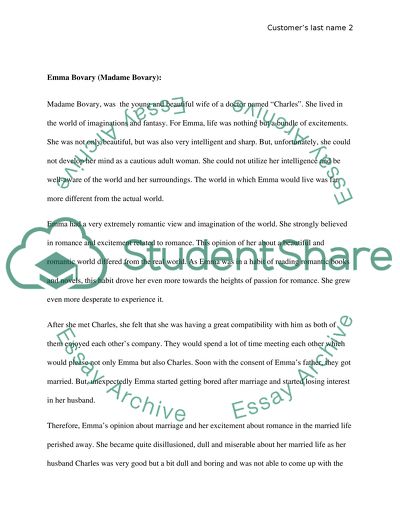Cite this document
(“Women, marriage, and shame in the nineteenth century France Term Paper”, n.d.)
Retrieved from https://studentshare.org/environmental-studies/1417008-women-marriage-and-shame-in-nineteenth-century
Retrieved from https://studentshare.org/environmental-studies/1417008-women-marriage-and-shame-in-nineteenth-century
(Women, Marriage, and Shame in the Nineteenth Century France Term Paper)
https://studentshare.org/environmental-studies/1417008-women-marriage-and-shame-in-nineteenth-century.
https://studentshare.org/environmental-studies/1417008-women-marriage-and-shame-in-nineteenth-century.
“Women, Marriage, and Shame in the Nineteenth Century France Term Paper”, n.d. https://studentshare.org/environmental-studies/1417008-women-marriage-and-shame-in-nineteenth-century.


